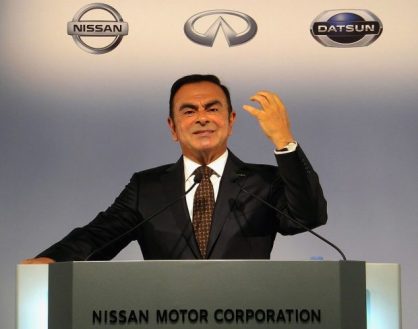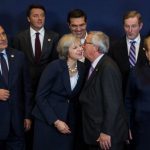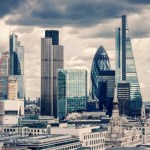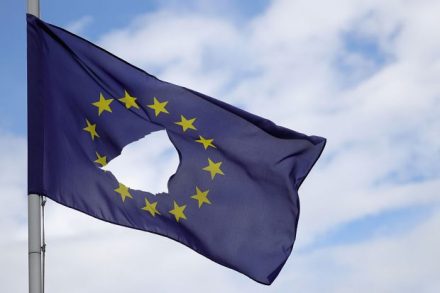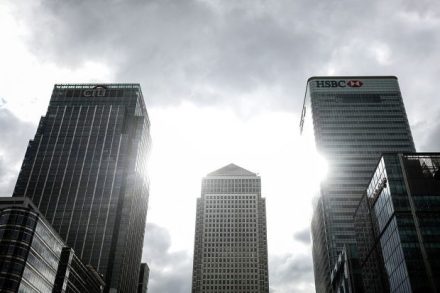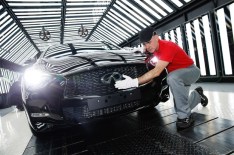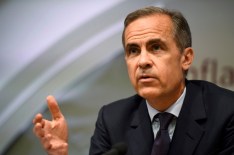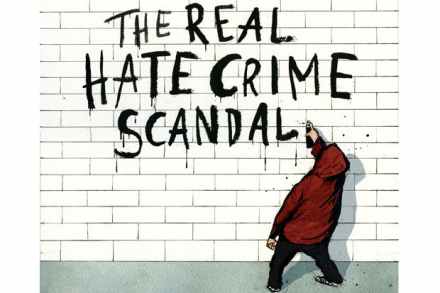What the papers say: Nissan’s Brexit boost for Britain
Theresa May hailed Nissan’s decision to stay put in Sunderland and build its new Qashqai and X-Trail models at its plant in the north-east as a ‘vote of confidence’ in the UK. But was this just the PM drumming up the deal or is it really such good news for Britain? The Times suggests the agreement may have come at a price. The newspaper says a ‘written promise’ was made to the company that it wouldn’t lose out from Brexit. Some have said it smacks of a sweetheart deal between the Government and the carmaker – something business secretary Greg Clarke, who insisted no cheque book was waved at the
